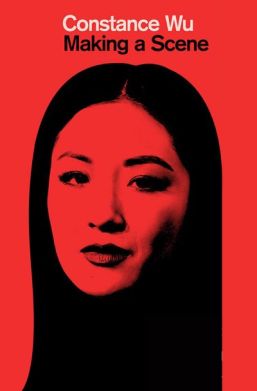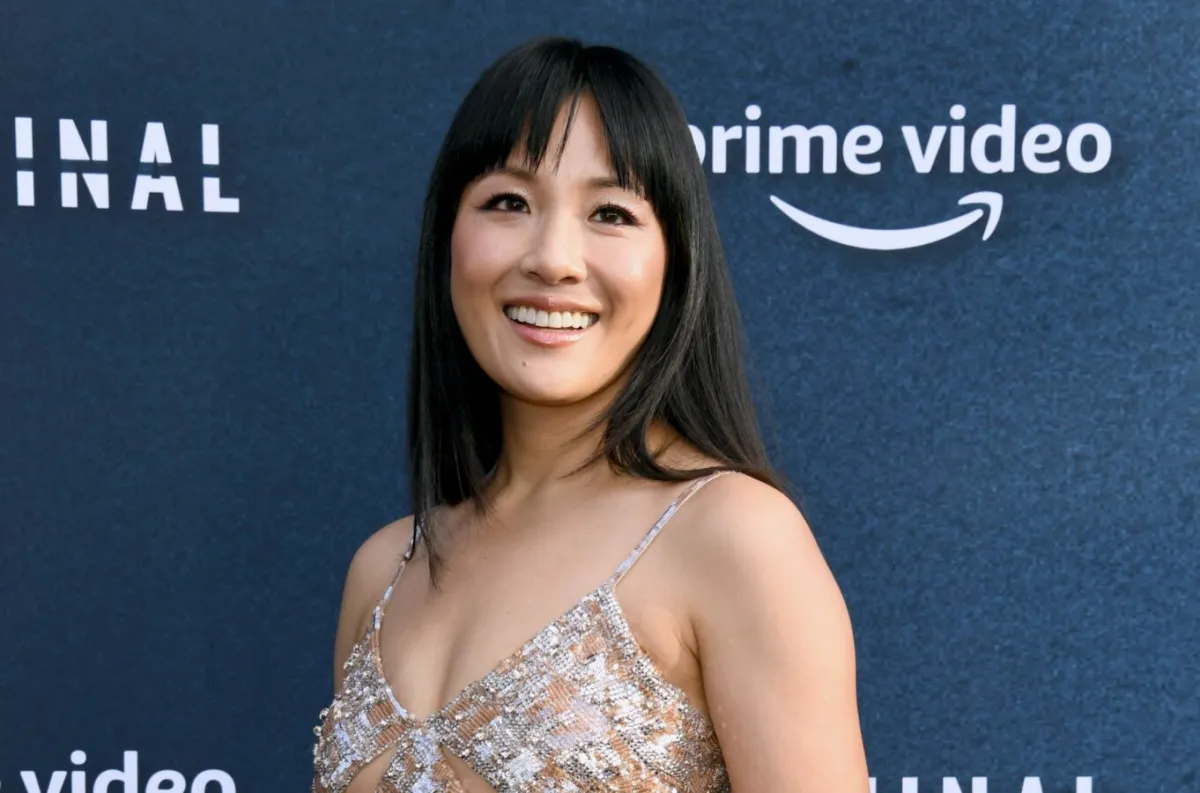***Content warning: This post discusses suicide and suicidal feelings.***
Back in May 2019, Constance Wu commented “dislike” on Instagram and subtweeted frustration about the renewal of another season of her ABC family sitcom Fresh Off The Boat (FOTB). As a fan of her talent but not the show’s writing (and especially not its creator Eddie Huang), I felt for her. In addition to Wu carving out space for herself with the success of Crazy Rich Asians (2018) and Hustlers (2019), she had to drop another project because ABC greenlit a sixth season of FOTB. While I did see some people angry about her frustration, I didn’t realize how bad it got until Wu’s recent tweets, where she recounted that the backlash from her own community made her suicidal.
In the post, she calls the tweets “careless” and said the tipping point for her came when another Asian actress told her “[she’d] become a blight to the Asian American community.” Wu said she felt that “I was a disgrace to AsAms, and they’d be better off without me.” She opened up about attempting suicide and how a single person reaching out helped save her life. Wu continues that she took the last three years to work on her mental health and penned essays for an upcoming book on how this moment was not the first time she’s been told she’s taking up too much space.

In an article for Playboy a week after Wu’s 2019 tweets, Rosyln Talusan wrote about Constance Wu’s identity being shoved into narrow boxes and how Wu refuses to be the “submissive” Asian woman society expects of her. Talusan also reflected on her own experiences with this toxic stereotype. As women of color online with opinions, we’re more likely to be critiqued on how we say something and than what we’re saying or why we’re saying it. For Wu, there’s also the added weight of being one of very few Asian American women celebrities and unjustly becoming the de facto face of a community for millions of non-Asian Americans. Even before her box office success, FOTB was a primetime family sitcom on a major network.
Talusan also noted that it wasn’t just random people online, but at least one Asian American cultural critic (Yashar Ali) said this was unsurprising because there was gossip that she was “ungrateful.” I’ve seen a lot of people gloss over the fact that race and gender were a factor in this attack point, as it as an internet pile on. This, despite how many times she brought up that the worst part was fellow Asian American peers within entertainment. Wu noted,
While we’re quick to celebrate representation wins, there’s a lot of avoidance around the more uncomfortable issues within our community. Even my tweets became a subject so touchy that most of my Asian American colleagues decided that was the time to avoid me or ice me out.
Stressing this isn’t a way to downplay everyone else’s involvement at all. Everyone involved, including the platforms that lack the tools to help block this, shares the weight of this.
Mental health among Asian Americans
According to the American Physiological Association, U.S. born Asian American women have a higher rate of suicidal thoughts than the general U.S. population. They didn’t point to one particular reason, but something that is a general issue among Asian Americans (regardless of background) is pressure to adhere to the Model Minority Myth. Part of the reason this was created was to pit Black/Latinx people against Asian Americans, despite the fact that we have more in common than not.
Something that comes with this myth (regardless of gender) is that success is expected, and you can’t express dissent towards the real obstacles that got in your way. Even before disappearing for a few years, Wu spoke up regularly about sexism, racism, and more. She was even open about how this got in her in trouble. Wu has everything to lose in speaking up and nothing to gain.
Each month at least one or two big stories show that no one is ready to listen to what women have to say, especially if it goes against the grain or might result in consequences for a man. Wu has been a vocal advocate (though sometimes with poor phrasing) for diversity and representation in Hollywood. You can’t clap for that one second and then tell her she needs to be grateful for what she earned in the next.
If you’re experiencing thoughts of suicide, the Suicide Prevention Lifeline is a great resource: 988 (the new number). You can also text “STRENGTH” to the Crisis Text Line at 741-741 or chat here.
(via Twitter, featured image: Jon Kopaloff/Getty Images)
—The Mary Sue has a strict comment policy that forbids, but is not limited to, personal insults toward anyone, hate speech, and trolling.—










Published: Jul 17, 2022 03:00 pm